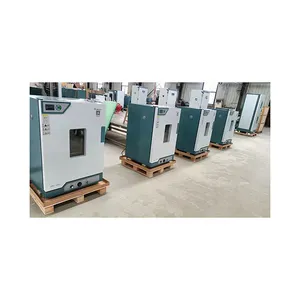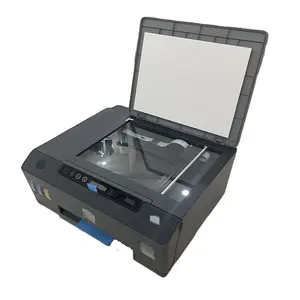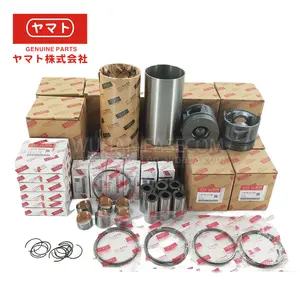Popular in your industry
































































Related Searches:























































































































Top categories
About laboratory drying ovens
A laboratory drying oven is a device used in scientific research, healthcare, and manufacturing for various applications. This oven is designed to heat materials at precise temperatures for drying, sterilizing, and other thermal processes. The laboratory ovens are essential in many industries for their ability to provide controlled and consistent heat, creating an environment where samples or materials can be dried without the risk of contamination. As a result, the laboratory drying oven has become an indispensable tool in laboratories and research facilities across the globe for a wide range of applications.
Types of laboratory drying ovens
There are various types of laboratory drying ovens, each tailored to specific requirements. Standard convection ovens, often used for general-purpose drying and sterilization, rely on natural convection to distribute heat. Gravity convection ovens, designed for applications requiring minimal airflow, operate on the principle of heat rising. Mechanical convection ovens, featuring fans for uniform heat distribution, are ideal for quick and consistent drying. Vacuum ovens, which create a low-pressure environment, are suitable for heat-sensitive materials. Inert gas ovens, equipped with gas purging capabilities, are used for processes requiring an oxygen-free atmosphere. Additionally, cleanroom ovens are designed to meet strict cleanliness standards, while explosion-proof ovens are used in hazardous environments.
Applications of laboratory drying ovens
Ovens for labs are versatile and find applications in various industries. In research and development, these ovens are used for drying and curing coatings, composites, and other materials. They are also employed in the pharmaceutical industry for processes like stability testing and moisture analysis. In the food industry, they play a vital role in food processing, testing, and preservation. Laboratories use these ovens for sample preparation, glassware drying, and sterilization. In electronics manufacturing, they are utilized for moisture-sensitive component storage and testing. The automotive industry employs them in material testing, coatings curing, and heat treatment. Renewable energy sectors use them for fuel cell and battery manufacturing. They are also used in aerospace and defense, healthcare, and environmental industries.
Differences between a laboratory drying oven and a conventional oven
While both a lab drying oven and a conventional kitchen oven are designed to generate heat, they differ in their precision, control, and application. Laboratory drying ovens offer precise temperature control and uniform heat distribution, critical for sensitive experiments and processes. In contrast, conventional ovens prioritize versatility and user-friendliness in everyday cooking. Laboratory ovens often feature advanced safety mechanisms to prevent accidents, while conventional ovens focus on consumer convenience. Additionally, laboratory ovens are designed to withstand rigorous use and meet industry standards, ensuring accuracy and repeatability. In contrast, conventional ovens prioritize aesthetic and practical considerations for household use. The oven door in a laboratory drying oven is typically made of tempered glass, providing visibility while maintaining insulation. In contrast, traditional kitchen ovens may have varied door materials, such as double-layered glass for improved insulation or stainless steel for durability and aesthetics.


















































